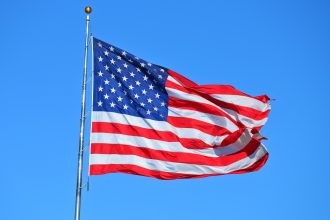January 7, 2019
Bryan Wheelock Discusses Disney’s Trademark Worries with Bloomberg Law
St. Louis trademark attorney Bryan Wheelock recently spoke to Kyle Jahner of Bloomberg Law regarding the recent drama over Disney’s Hakuna Matata trademark.
Disney has come under fire for trademarking the Swahili term Hakuna Matata, a move that some are calling cultural appropriation.
Critics are claiming that entertainment companies should not be allowed to trademark words and phrases that they did not invent. This viewpoint overlooks the fact that trademark rights do not correspond to outright ownership of the word or phrase, though. Disney, for example, only has the right to use Hakuna Matata to sell t-shirts in the U.S. There are two other companies — a wedding planner and a supplements maker — that also own the right to use the phrase.
Wheelock says the uproar is little more than “a fundamental misunderstanding of trademark law. The words and the underlying concept are still free for public use. The US trademark statute expressly protects the descriptive, non-trademark use, as does the First Amendment and other fair use doctrines.”
He goes on to explain that “most trademarks are positive commercial messages. A successful business is unlikely to name its product or service for something it despises or even dislikes. Adoption of foreign language terms as brands actually brings cultures together in a positive way. Hakuna Matata, for example, highlights an aspect of African culture that most U.S. moviegoers would never have encountered.”
There are countless other trademarks that have their origins in foreign languages or sayings, Wheelock added, including more than 400 registrations that include the Swahili word “safari.”
With the new live action Lion King movie expected to be released this summer, it remains to be seen if Disney will start enforcing its trademark rights beyond mere t-shirts. All signs currently point toward “No.” They have not sued anyone over the trademarked phrase yet, and this recent media attention on their trademark only serves to strengthen it, giving them no reason to worry.
…


